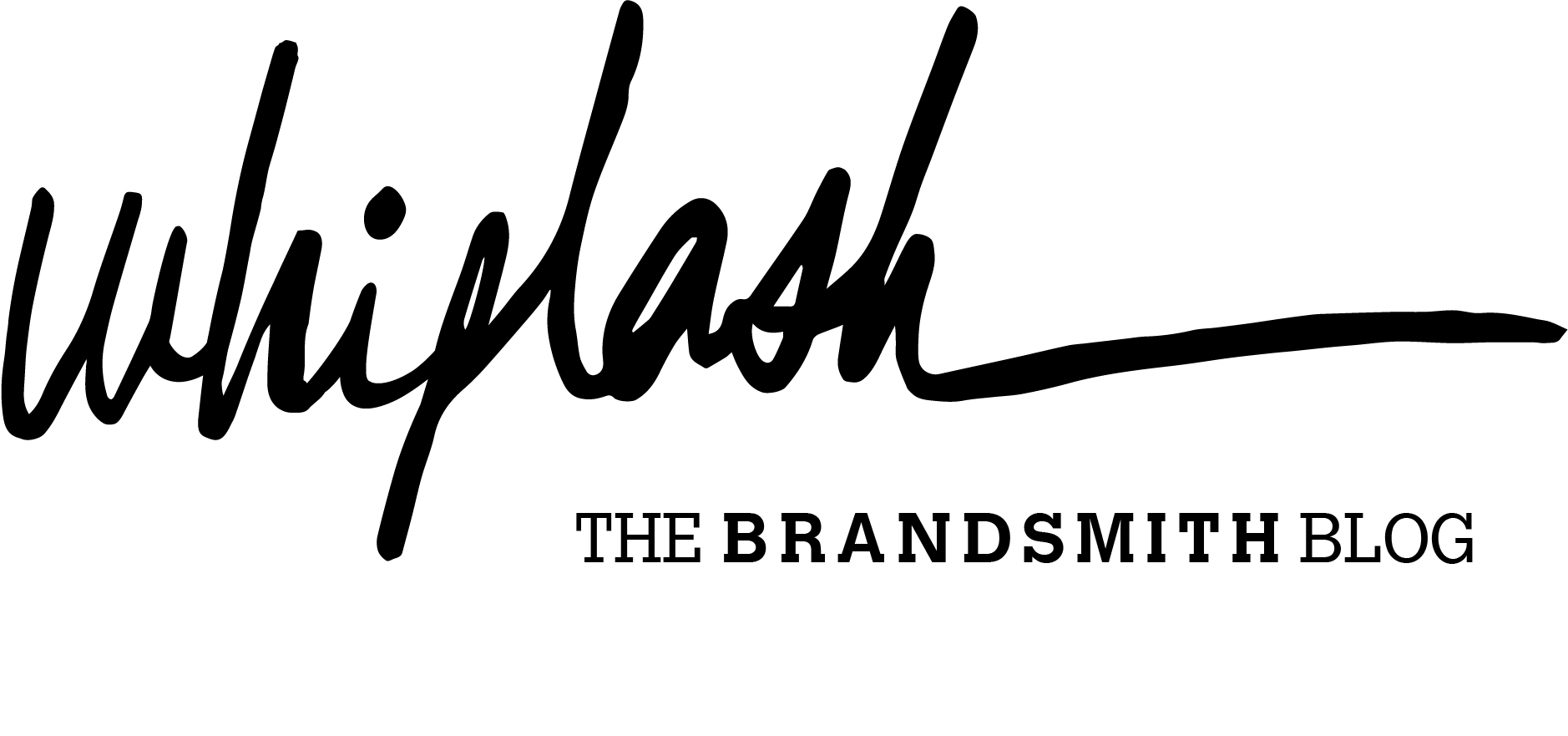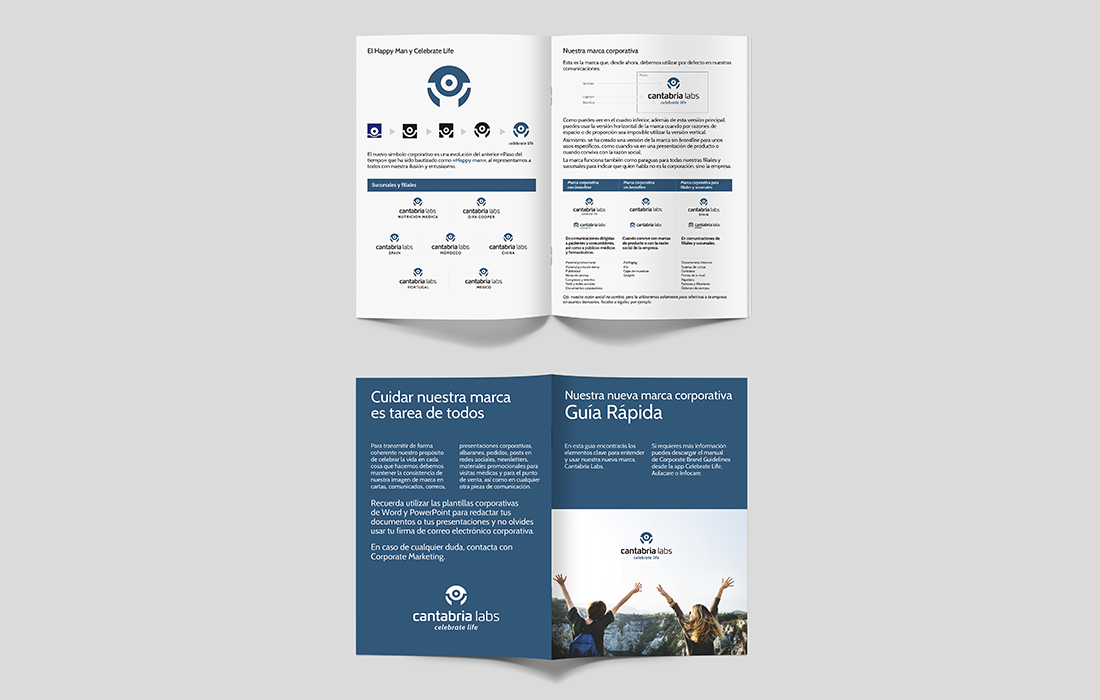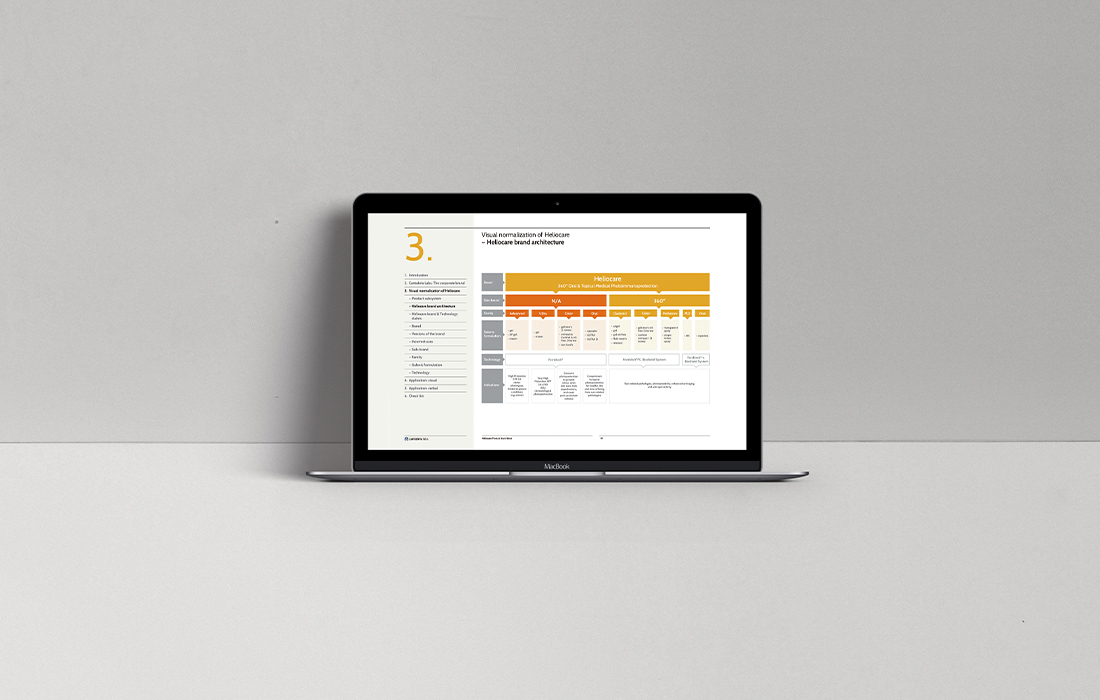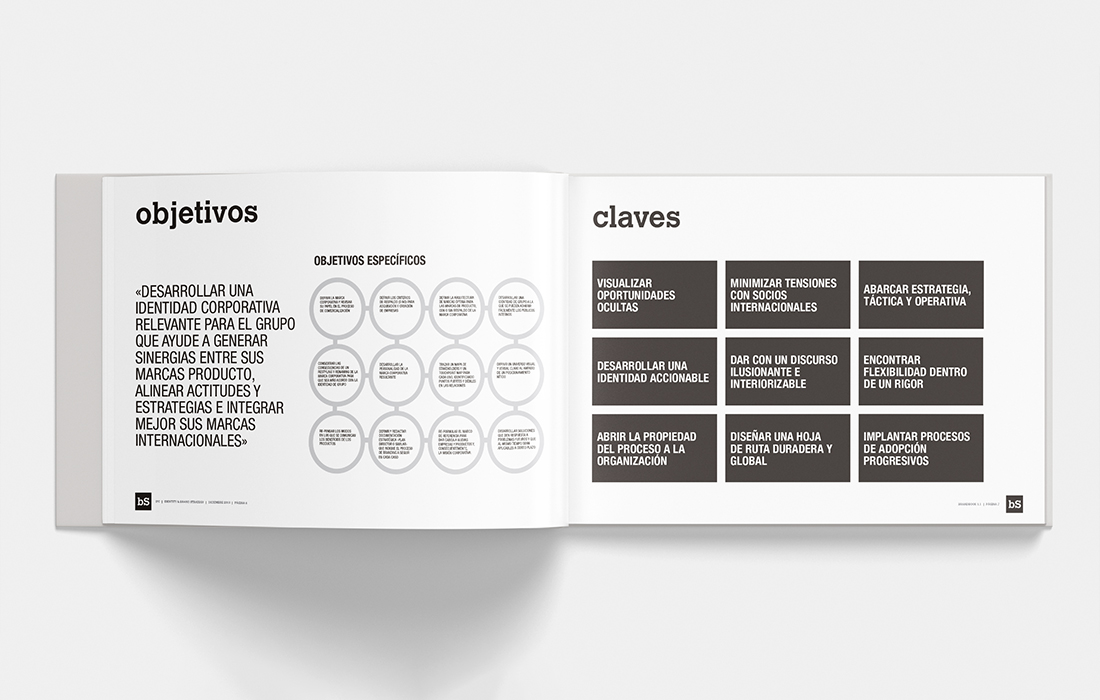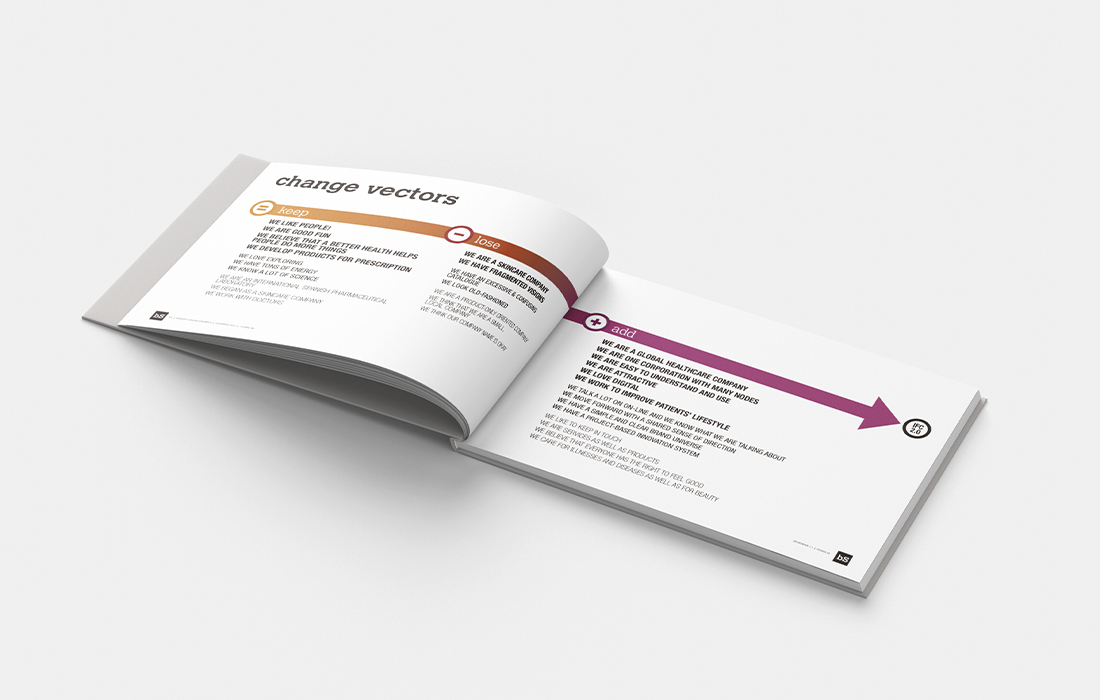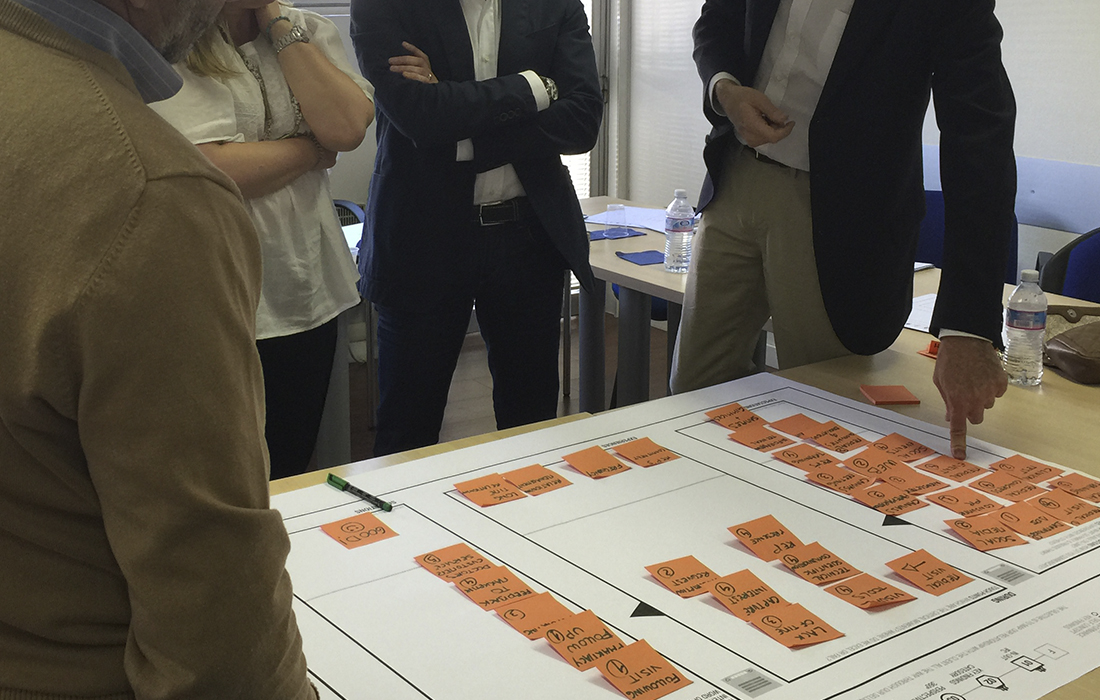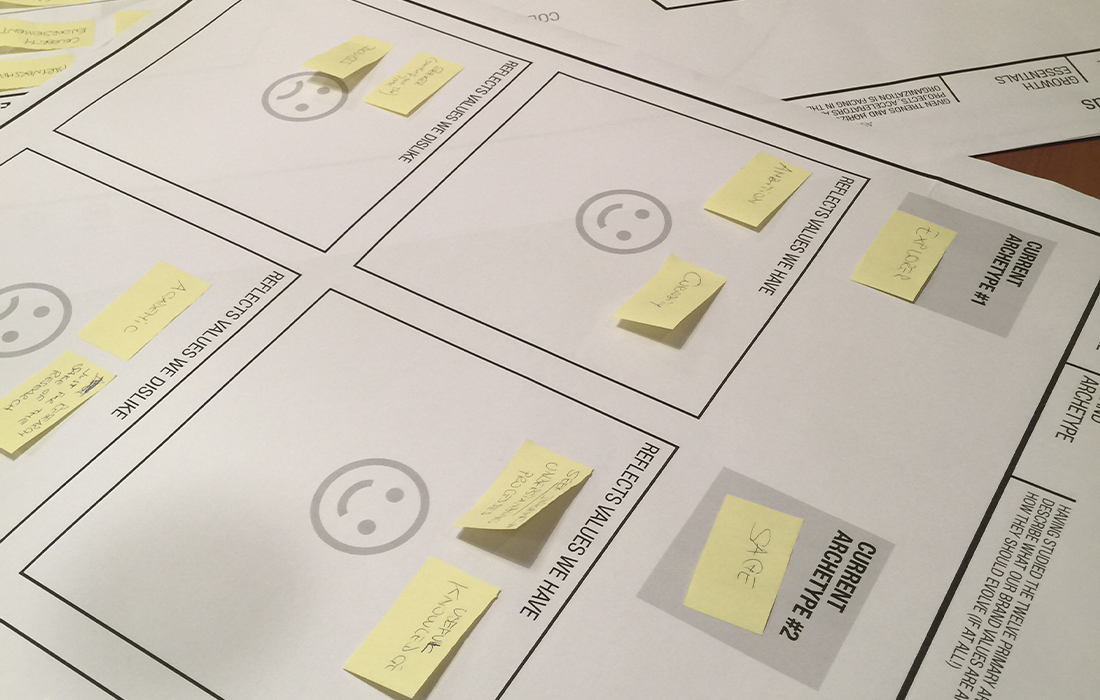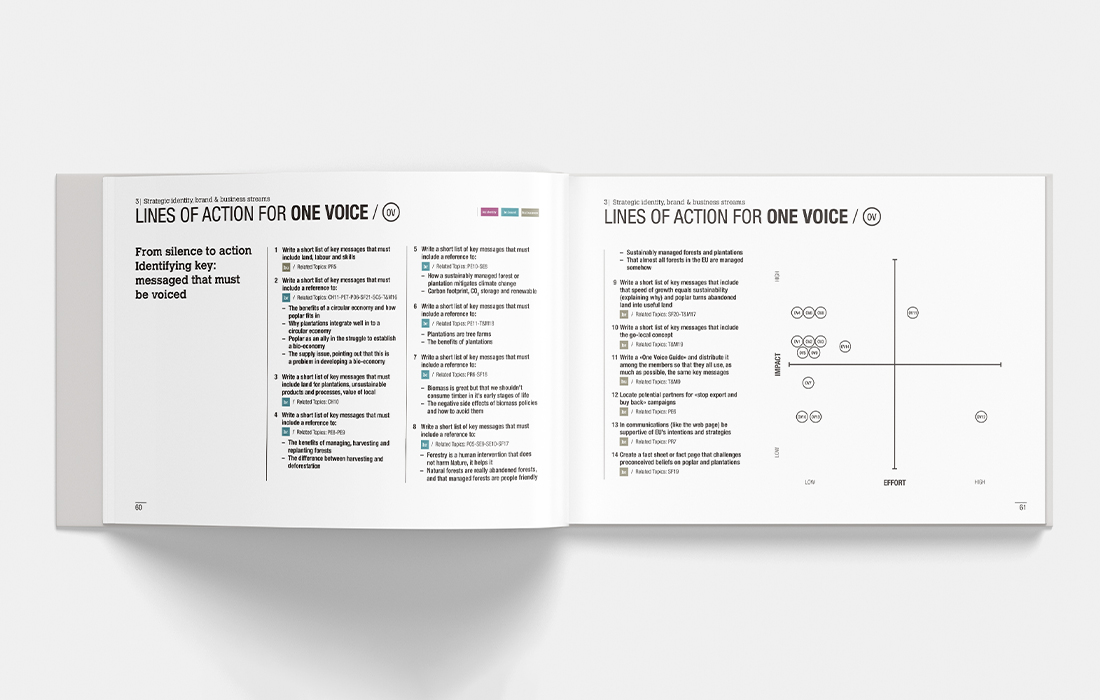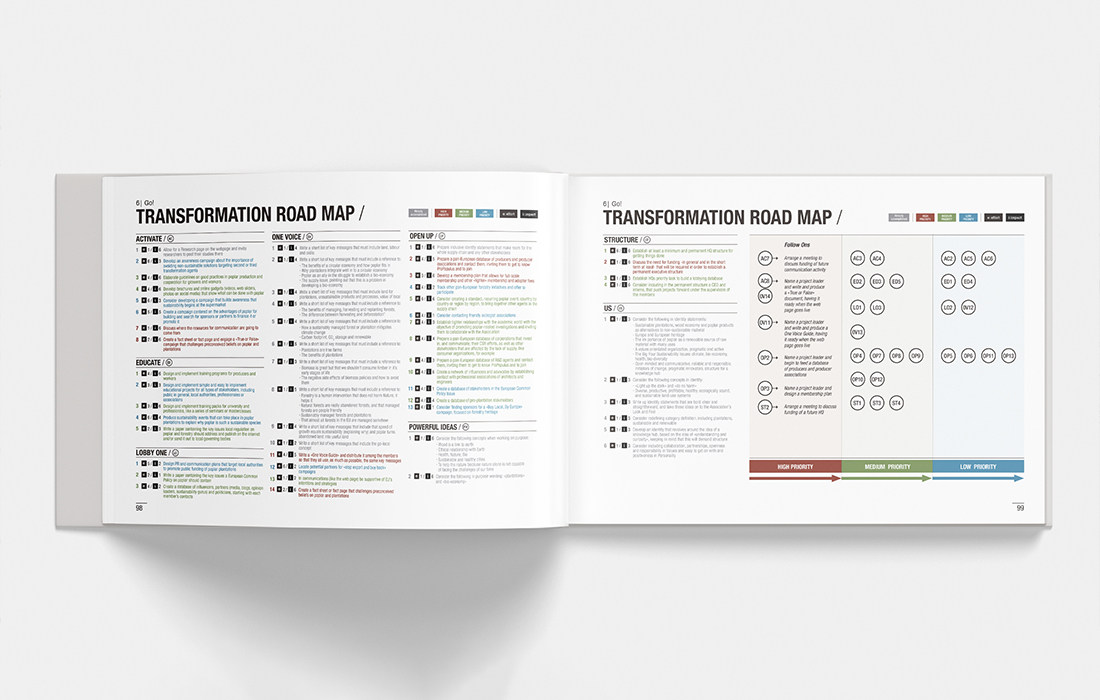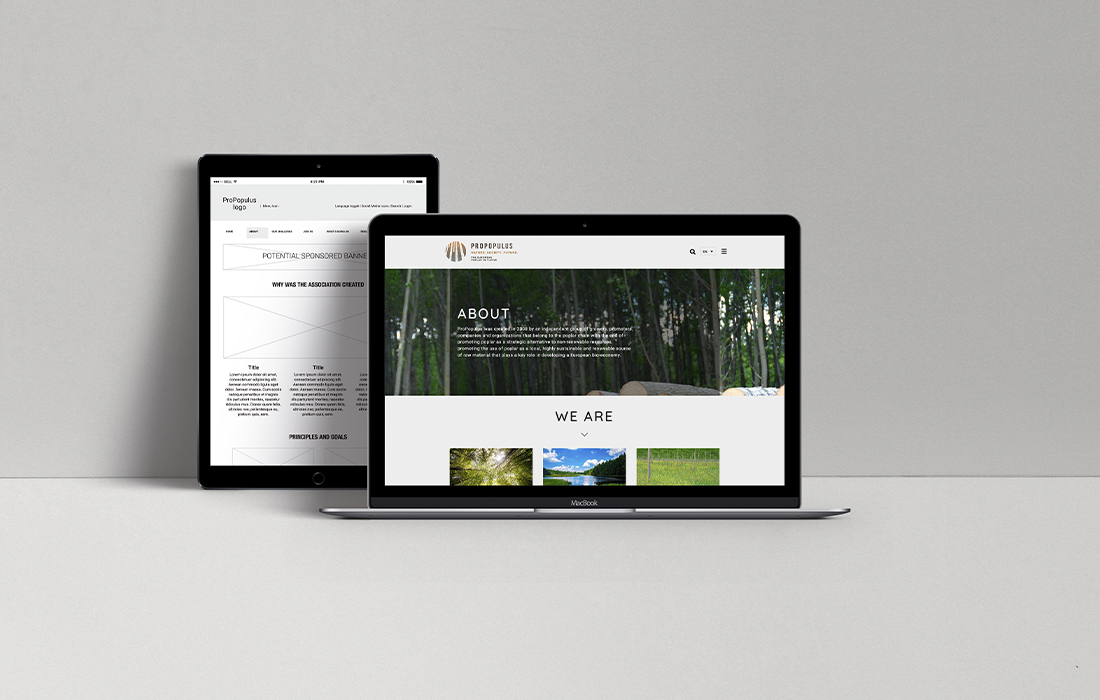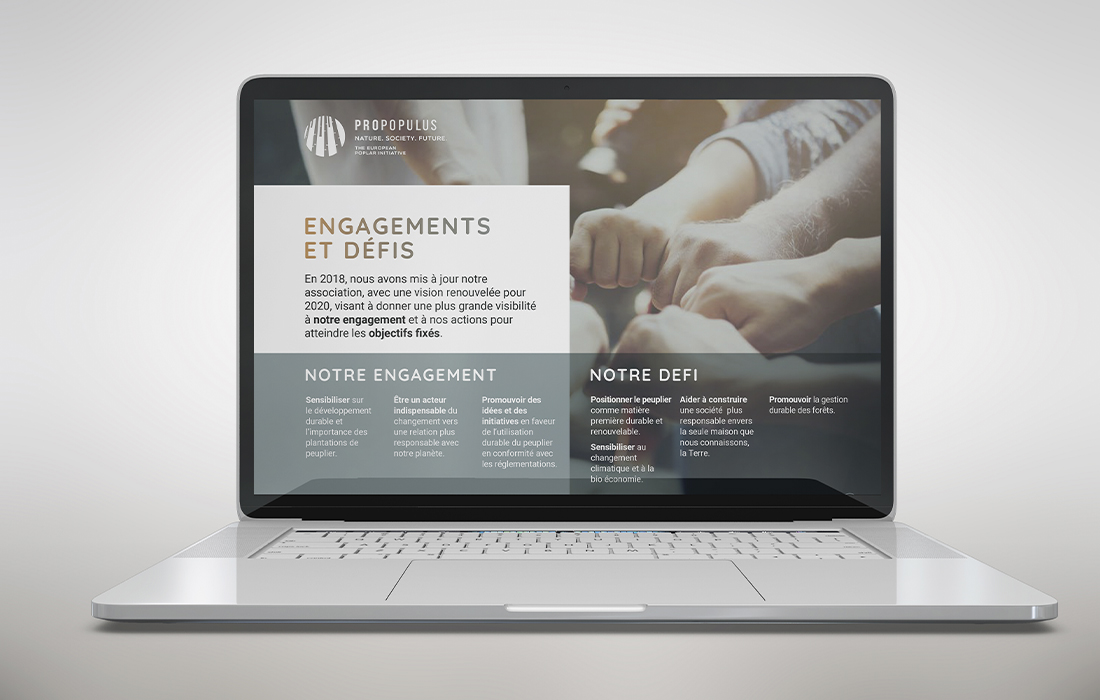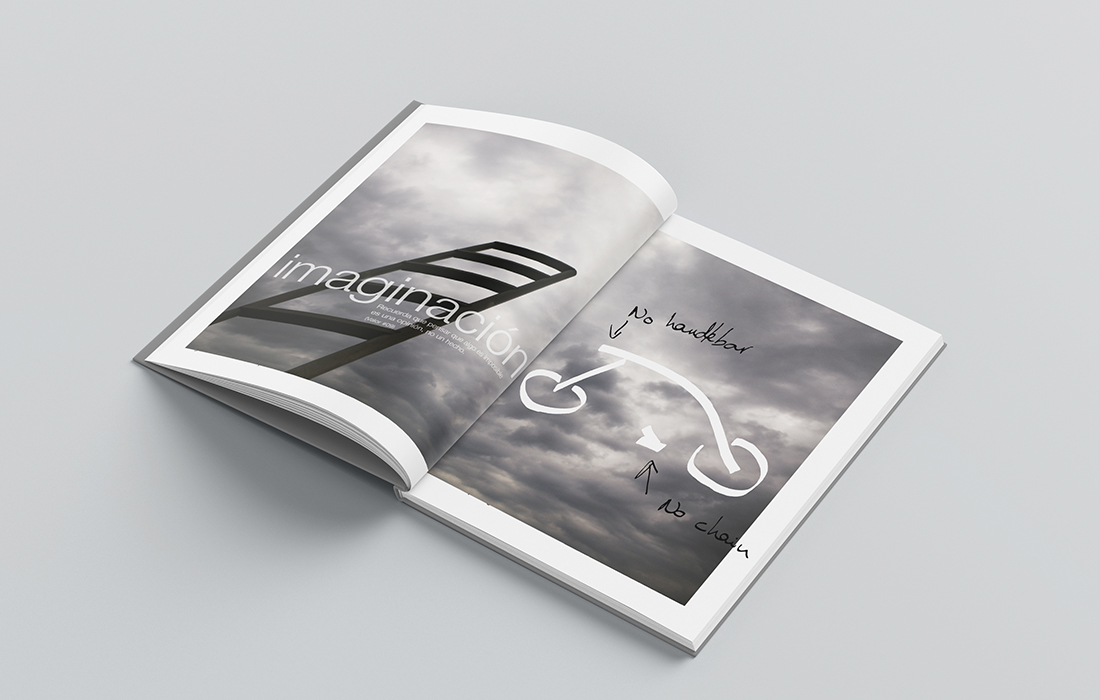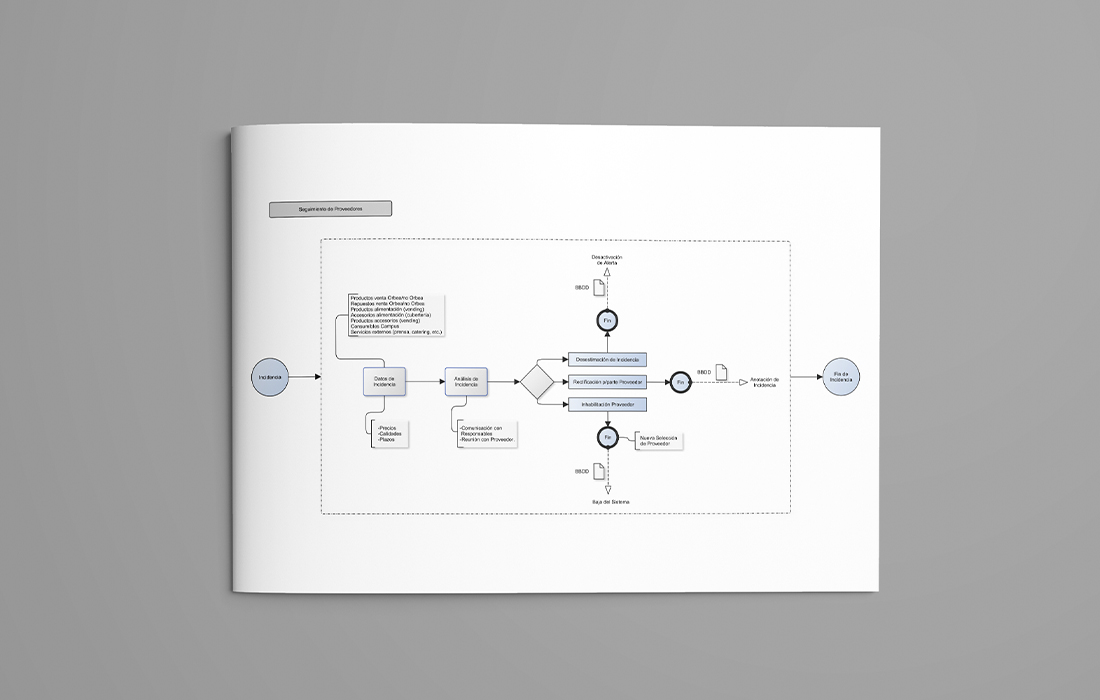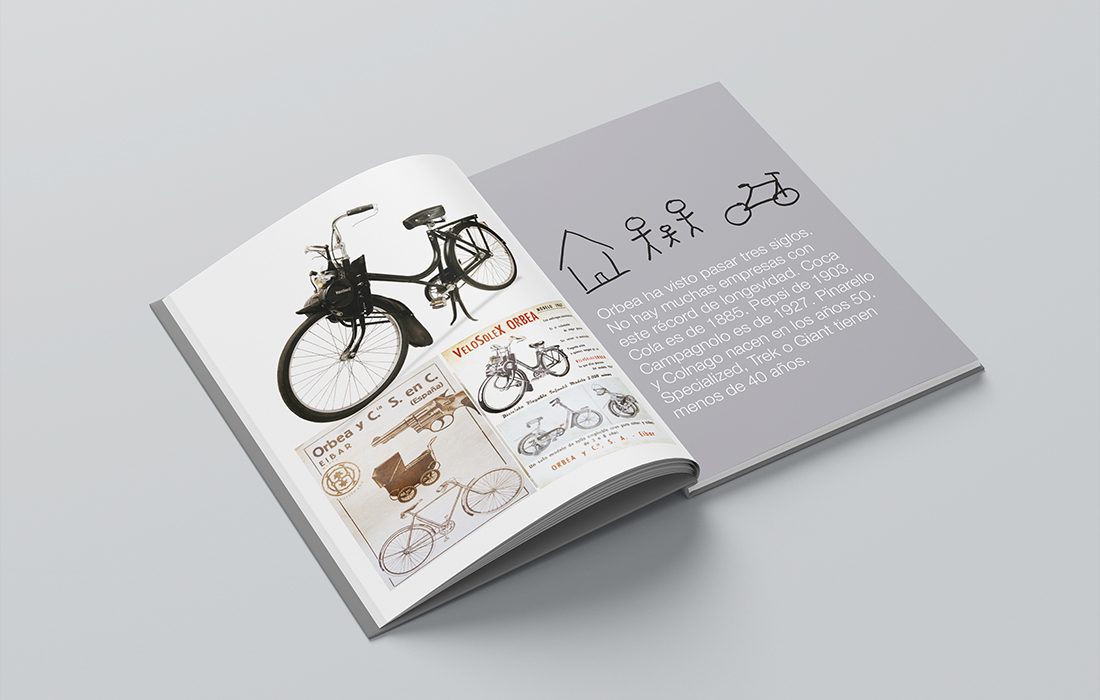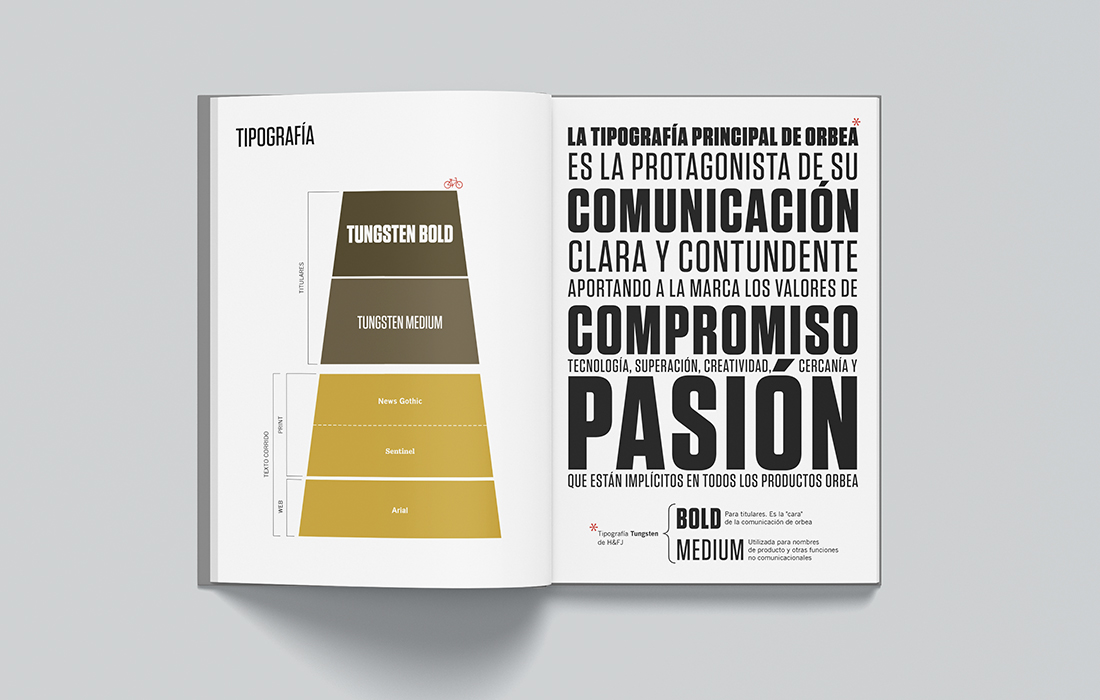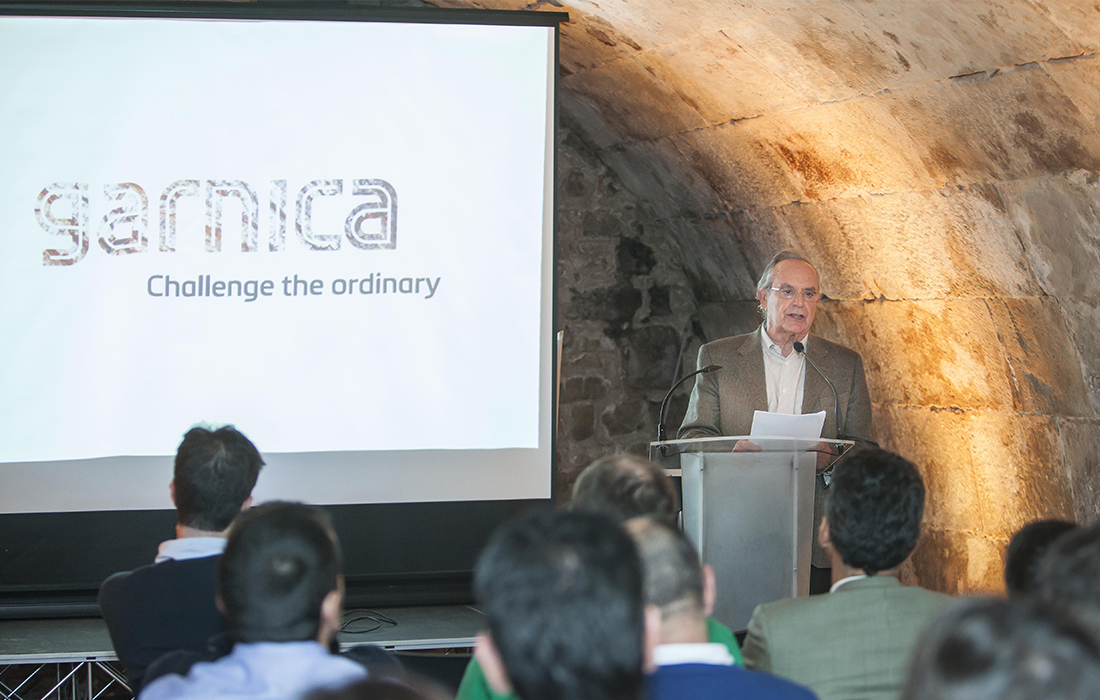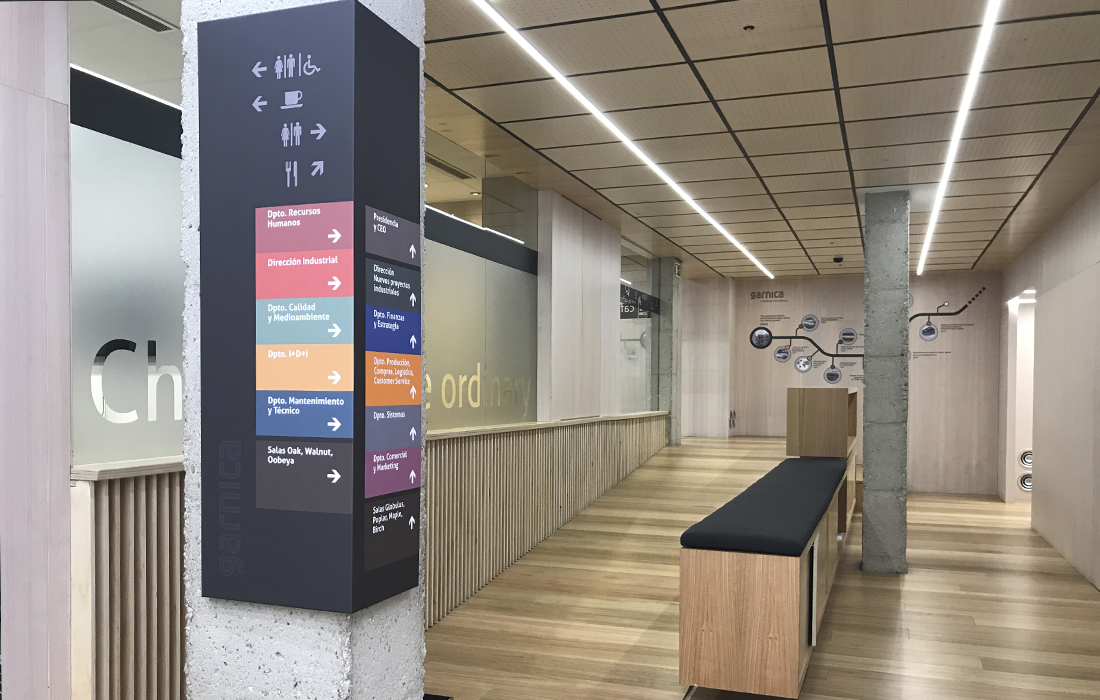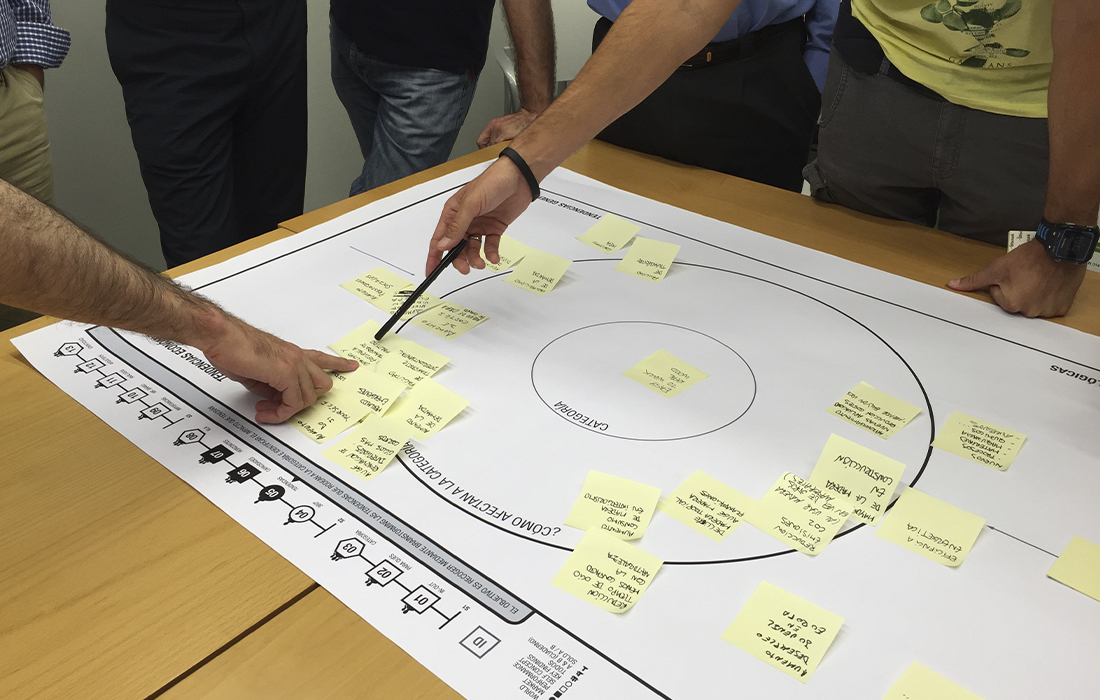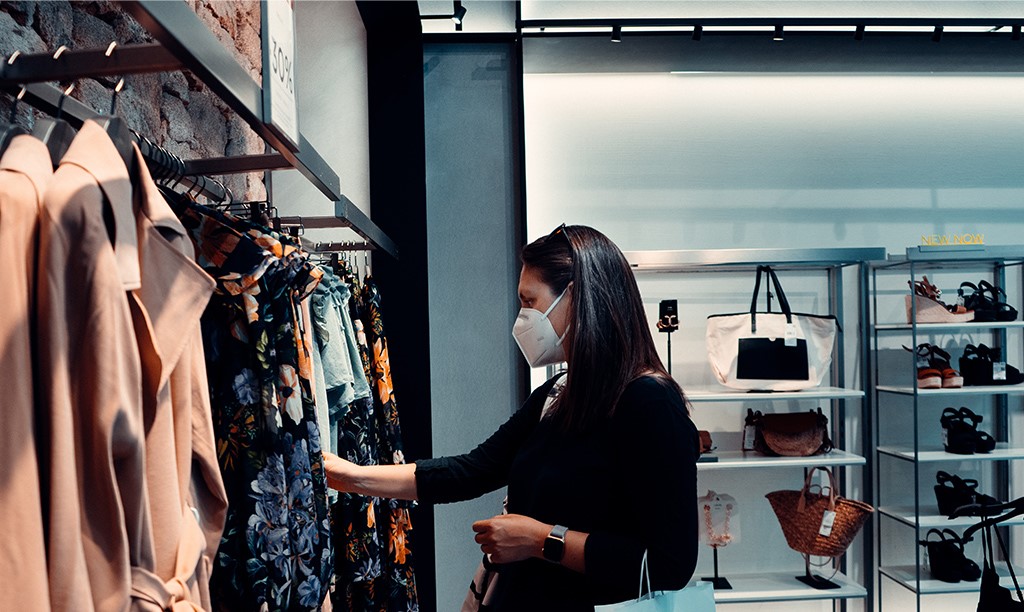
04 Sep The new reality of consumption
Whiplash Team, September 4th, 2020
The new reality of consumption
The pandemic, the end of which is not yet in sight, has already left its mark on consumer behavior. On the one hand, it has favoured proximity shopping and, on the other, it has promoted the online consumption of goods and services while various market players make efforts to adapt and not be left behind.
Confinements, social distancing, the mask as an accessory are just some of the behavioral changes that COVID-19 has brought. Throughout 2020, since the pandemic was declared, we have seen our reality transformed by turning our homes into schools or offices and forcing the world as a whole to step on the digital accelerator.
According to various studies carried out by consultants such as McKinsey, Accenture or KPMG, they agree that the pandemic has changed the way we live, work and buy. In fact, according to McKinsey, some sectors such as e-commerce have experienced the growth forecast for a decade in eight weeks.
But the transformation in consumer habits is not only materializing in the acquisition of goods or services. It is also changing the way people consume medical and educational services as well as entertainment. Homes have become the best place to socialize, to gather around a table, with food brought to the house, or to attend a show bought online for the occasion or to start a new career or a master’s degree in an university on the other side of the planet.
Also, due in part to restrictions on mobility and in part to a growing awareness of its role in building a more sustainable world, consumers in addition to buying online have favoured local and proximity commerce, giving priority to recognized brands and taking into account the impact it has not only on your pocket, but also on health and the environment, what you consume. As Celestino Martínez commented in the series Positive change for the day after, the consumer “has been to become aware of their role in everything that happens in their neighbourhood and in consumption terms are giving priority to everything that is local and close”.
The demands regarding social distance and hygiene are also having an impact on the way in which physical stores offer their products and on how consumers carry out the action of buying. “We have to reconsider the role of the store itself, and then rethink all the mechanisms used in a store to complete a purchase, or to buy more, or whatever,” Martínez rightly pointed out.
For example, according to the article “How COVID-19 will change our shopping habits”, Henry Layte, owner of The Book Hive, one of the most recognized independent bookstores in the United Kingdom, decided to use the shop windows that face a pedestrianized street to display as many books as possible by exhibiting the front and back covers, so that customers could “navigate” from outside the store. Layte came to this conclusion after evaluating various possibilities including lining the books with plastic and placing them under methacrylate screens, limiting the store’s capacity to two people.
For Martínez, the transformation must be even more profound: “we have to ensure that everything that is launched in a store is aligned with new demands, new priorities, or new customer needs and expectations. More, taking into account that now, and as has been seen in this crisis, there are a lot of possibilities to buy products without having to visit a store. So the role of the store itself is going to have to be redefined ”.
All this leaves a large space for imagination and creativity, to satisfy the needs of consumers, because changes in habits, according to experts, are here to stay. We are facing a transformation process in full swing that offers producers of consumer goods and service providers in all sectors the possibility of helping to shape the new reality.

